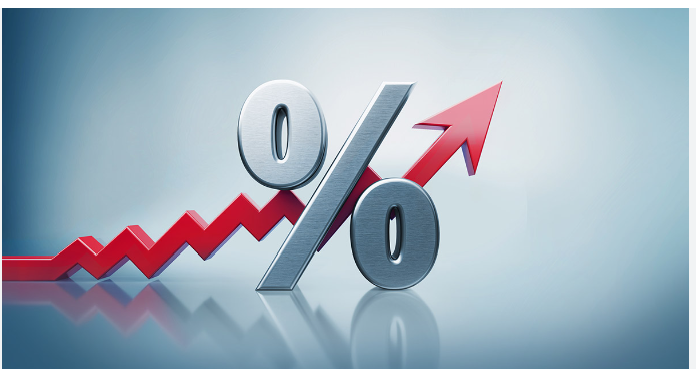Turkey’s central bank is expected to raise its policy rate sharply on Thursday in a strong signal that re-elected President Tayyip Erdogan has accepted some steps toward economic orthodoxy to address inflation that has soared under his watch.
The expected policy pivot, under new central bank chief Hafize Gaye Erkan, comes amid a cost-of-living crisis that saw inflation hit a 24-year high of 85.5% in October, before declining to just below 40% last month.
The lira currency, meanwhile, has skidded to record lows since last month’s election.
All 18 economists in a Reuters poll predicted a rise in the one-week repo rate. But the level remains uncertain as the central bank has not given any signals as to its next steps, including the size or pace of potential hikes.
Some economists have expressed doubt about Erdogan’s commitment to abandoning his unorthodox policy of low rates, which led the central bank to slash its policy rate from 19% in 2021 to 8.5% currently.
The median estimate was for a hike of 1,250 basis points to 21% this month. Predictions ranged from 12.50% to 30%, with some economists thinking hikes will be more gradual.
The lira has lost more than 80% of its value since 2018, largely due to rate cuts in the face of rising inflation.
Authorities hope foreign investors and hard currency will return after a years-long exodus, potentially reducing the central bank’s need to intervene to keep the lira stable.
GREEN LIGHT FOR HIKES
Malek Drimal, lead CEEMEA strategist at Societe Generale, forecast a hike to 15% and commitment to more hikes in coming months, with the policy rate reaching 25% in August.
“However, our clients would typically like to see a substantial tightening very soon – in the area of 15-25% hike at the next meeting,” he said.
“We believe that even a more gradual hiking cycle – accompanied by hawkish messages and a push to return to orthodoxy in general – might be sufficient to stabilise the lira during the summer, with the help of tourist revenues.”
All but one of 13 economists in the poll saw further tightening this year. The median estimate for the policy rate at end-2023 was 30%, with forecasts ranging from 18% to 35%.
Ratings agency Moody’s said on Tuesday proof that Turkey has shifted towards more orthodox and predictable economic policymaking would be “unequivocally credit positive”.
But Erdogan also said his views on interest rates have not changed, and the goal is to ultimately lower inflation, as well as rates, to single digits. Erdogan frequently espouses the maverick view that high rates stoke inflation.
Some analysts noted previous examples where Erdogan returned to orthodoxy only to change his mind. He named Naci Agbal as central bank governor in Nov. 2020 but, after some sharp rate hikes, replaced him less than five months later.
One banker, who requested anonymity, said the fact that Simsek has not brought in any new Monetary Policy Committee members except Erkan shows he “has little room to manoeuvre.”
A huge increase in the rate from 8.5% to around 20% “wouldn’t necessarily satisfy the markets, but it would have to be read as a signaling toward more orthodox monetary policy going forward,” said Can Selcuki, director of the Turkiye Raporu polling agency and a former World Bank economist for Turkey.
Selcuki said a hike to around 30% to 35% “would mean that the central bank has decided to actively target inflation going forward.”
Investors will be disappointed and underwhelmed by what is delivered,” said Paul Greer, a London-based portfolio manager at Fidelity International, which remains underweight Turkish assets. Simsek’s comments indicate “the new economic team have somewhat limited political capital and influence to deliver fast and far-reaching reform and provide a much-needed boost of market credibility.”
“Markets operate under the assumption that Simsek and Erkan will have a free hand in conducting economic policy,” said Viktor Szabo, an investment director at Abrdn in London. “Any indication which undermines this assumption could hurt the markets and the first signs are especially important.”
After Simsek’s comments reined in the market’s optimism for a policy pivot, the risk premium on Turkey’s dollar debt widened 28 basis points on Tuesday to 476 basis points over US Treasuries. The spread had narrowed by about 180 basis points in the previous four weeks, according to a JPMorgan Chase & Co. gauge.
Follow our English language YouTube videos @ REAL TURKEY: https://www.youtube.com/channel/UCKpFJB4GFiNkhmpVZQ_d9Rg
And content at Twitter: @AtillaEng
Facebook: Real Turkey Channel: https://www.facebook.com/realturkeychannel/
